Astropharmacy: taking medication into space is not as simple as it seems
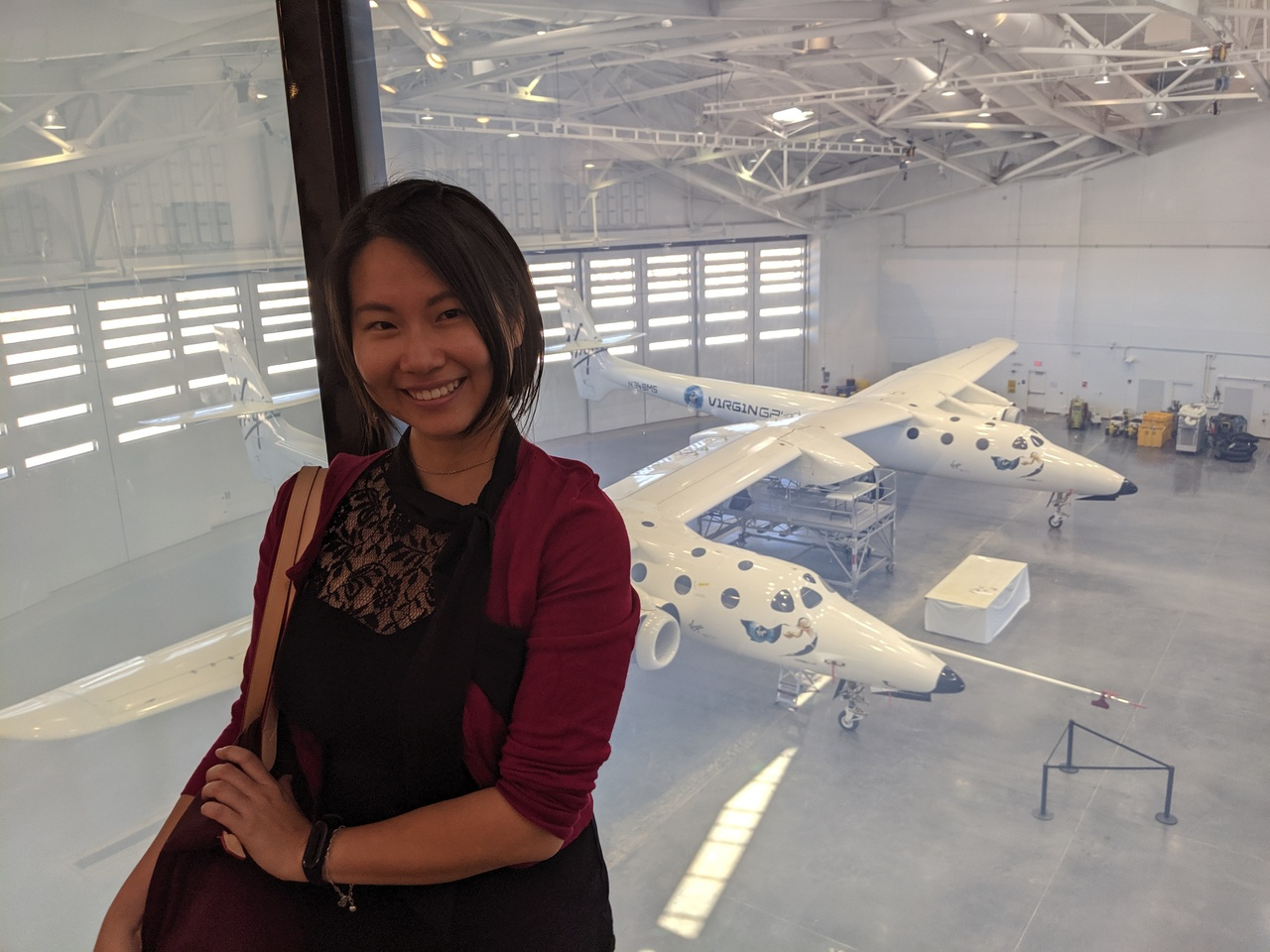
It’s 55 years since Neil Armstrong became the first human to set foot on the moon, an achievement that took years of planning and pushed the US ahead in the Space Race with the Soviet Union.
In all the planning, have you ever wondered what medication Armstrong and Buzz Aldrin took with them to get through their eight-day mission?
Read more: Yasir Sacranie: the pharmacist educator and content creator
Taking medication into space is not as simple as it seems. The area of research exploring this is called astropharmacy. But only the University of Nottingham has a specific team researching this field currently.
One of the researchers is Dr Li Shean Toh, who’s journey into stratosphere of astropharmacy has come from the relatively humble beginnings of studying for the MPharm at the University of Strathclyde.
After working as a paediatrics leukaemia pharmacist and as a GP pharmacist, Li Shean completed her PhD at the University of Nottingham alongside being a locum community pharmacist at the same time to pay the bills.
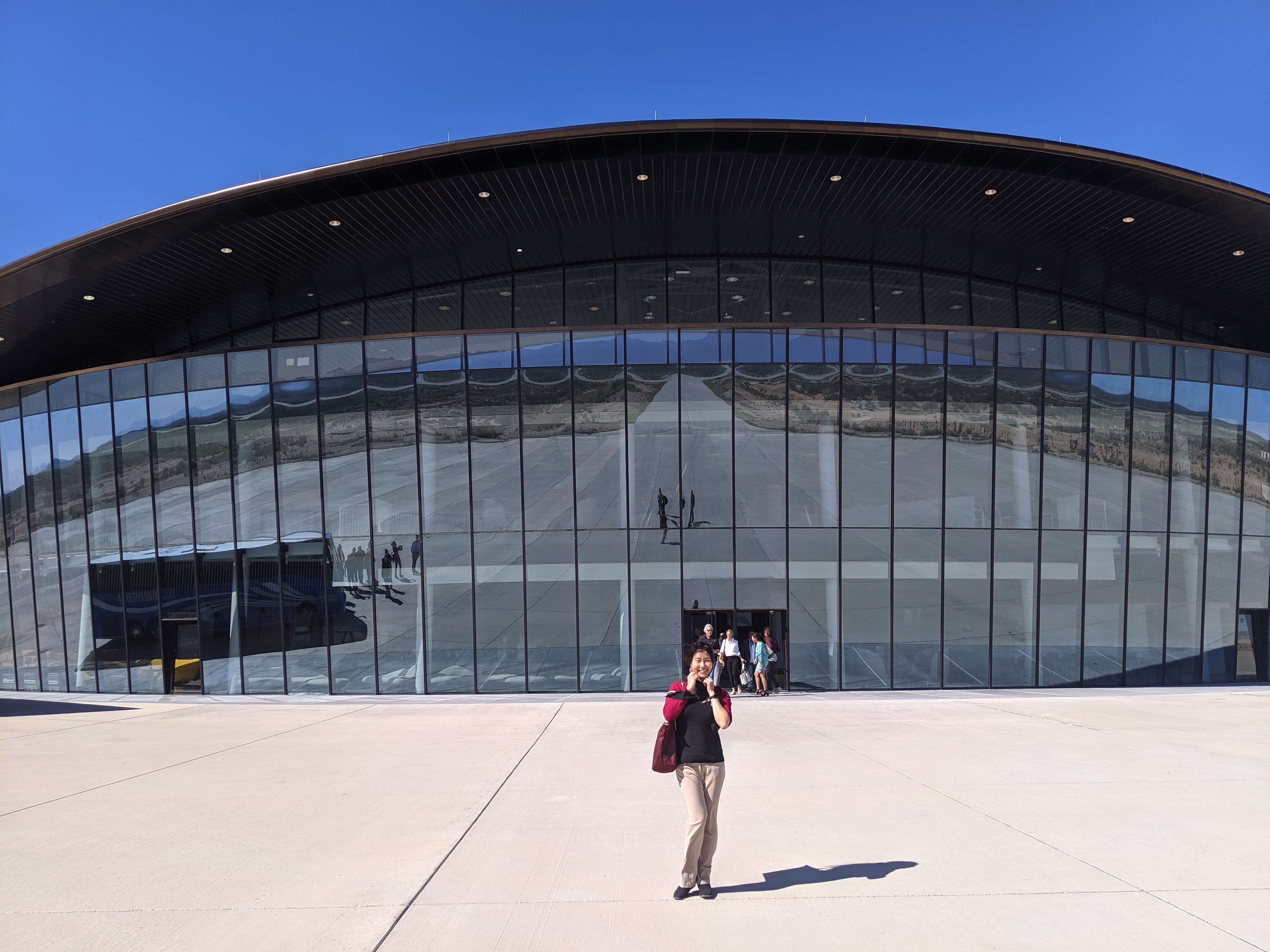
She got a position as a lecturer in medicines management at the University of Tasmania, Australia, before returning to Nottingham in 2019 to work in the astropharmacy field of research.
Li Shean tells C+D the overarching theme in astropharmacy is ensuring “our explorers, including astronauts, receive safe and effective pharmaceutical and medical care”.
Read more: Serving life as a prison pharmacist
The research looks into pharmacology and “how the physiological change in microgravity affects how our body’s process the drugs”, as well as medicines management to prevent medication issues.
“We talk about translating medicines development from Earth to space, and space to Earth, because we have drugs like romosozumab that was developed in space and then translated to Earth,” Li Shean says.
“People in the space sector are very conservative for the right reasons, because it's high risk to try new drugs that have been used very much on Earth, so we want to create that translational knowledge between Earth and space, and consider space not separately - it's still part of pharmacy.”
Read more: ‘It was amazing!’: Olympics lead pharmacist on dispensing to the world’s best athletes
The field also looks into things they don’t know enough about yet, such as radiation protection, visiting Mars on longer space flights, and understanding what bacteria can develop on medication.
She says she has become “space partners in crime” with her Nottingham colleague Professor Phil Williams, who initiated the field of astropharmacy in 2018.
A lower priority?
Why did Li Shean become interested in this new field in the first place?
“It’s just curiosity, it scared me that nobody was doing this,” she says. “With the increased accessibility to space for space tourists, the demographics are probably older, very rich people.
Read more: From pharmacy to comedy via a heart attack
“They take a lot of medication, so what happens when they choose to go to the moon for two weeks. If they're on insulin, can they even inject insulin? Does the same amount of insulin come out in microgravity?”
“If you think about it, your body is floating, your stomach acids are floating. Do you absorb the medicines the same? Does it matter? Will it make a difference, or will you get more side effects? So for me, it’s curiosity.”
With medicines management, Li Shean believes this area has not been prioritised by space agencies like NASA because “back when we are just going to the International Space Station (ISS), you could bring down the sick astronaut in… I think eight hours, or you could resupply quite quickly in the same amount of time”.
Read more: Pharmacy on Ice: ice skating, Olympics and dresses…
“I mean if your rockets are going to explode, you’re going to care about that more, right?!”
She’s met astronauts through her work such as NASA astronaut Serena Maria Auñón-Chancellor, former ISS commander Akihiko Hoshide, as well as British astronaut Tim Peake.
She says they are all “really supportive of pharmacy research” in space.
Radiation, humidity, vibration, and repackaging
But as space travel has evolved, astronauts have taken medication with them on deeper voyages into the solar system, but Li Shean explains that the records of what they were taking were not well kept and only done on memory, leading to miscalculations of use.
“After that, one of my European Space Agency (ESA) colleagues did an app to record the medicines. It was 453 medicines per flight, so it shows there is an under reporting of medicines used to begin with. That same study asked them ‘do you think these medicines are effective? A lot of them weren't sure or took a neutral stand.
Read more: YouTuber, influencer, and pharmacy student...
“So, then we were wondering have they been taking the right dose? Are they experiencing side effects? So, then we needed to create more medicines management research.”
She says that NASA only has a couple of pharmacists, and they have very little capacity to do research.
But Li Shean also covers different areas of research, such as how medication itself can be produced in space during a mission rather than beforehand.
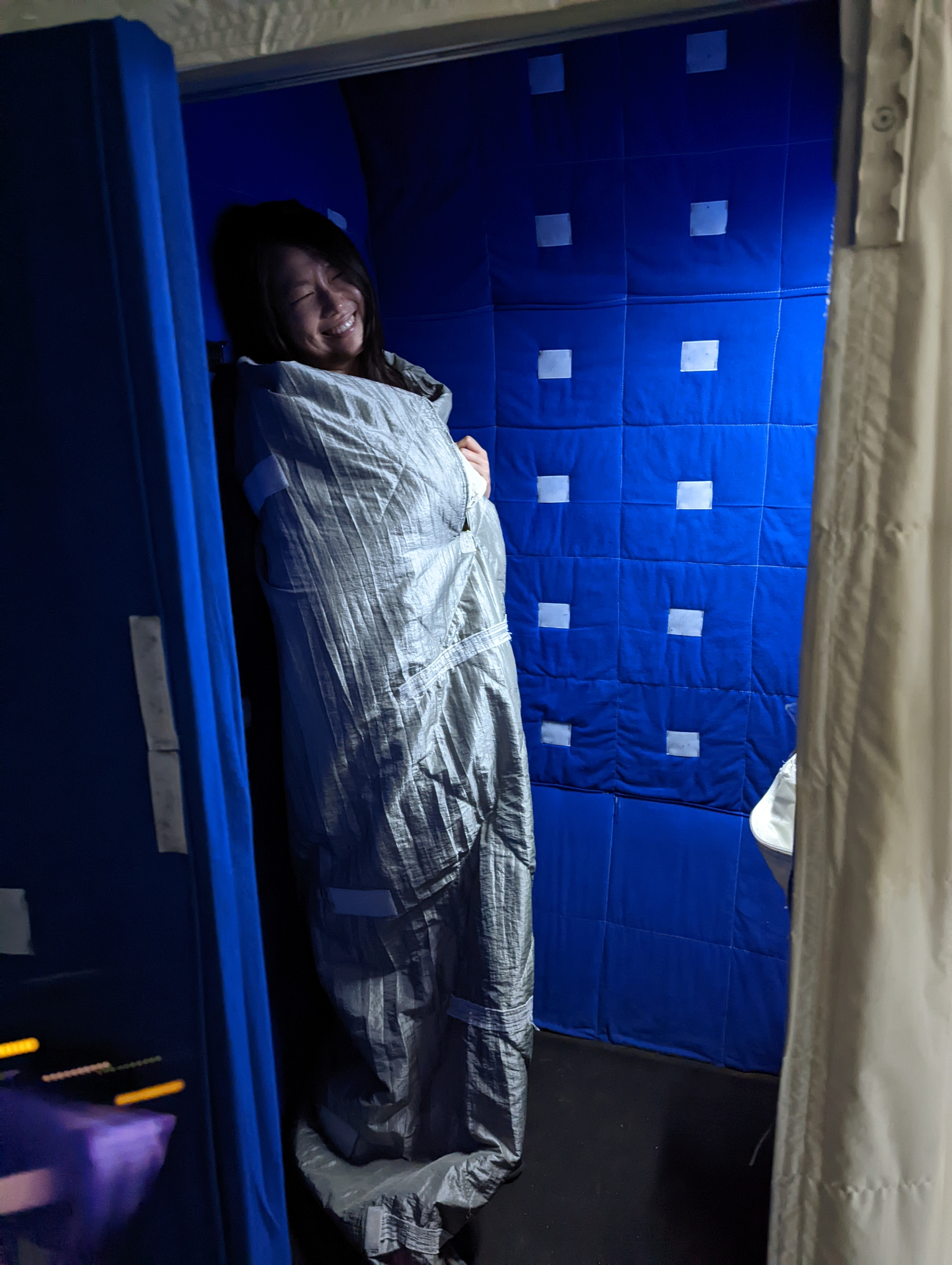
“We’re trying to print medications on demand as needed, so it saves on storage. It then prevents wastage as well, because most drugs expire after two years and we found that in space they expire sooner, so this tries to tackle that problem.
“Also, it’s translatable to Earth, so it can be used in humanitarian or remote areas, so we are trying to grow that technology.”
The research department Li Shean is a part of collaborated on a recent project that found medication on the ISS like ibuprofen may degrade quicker when exposed to cosmic radiation, meaning deep space missions may have challenges in maintaining any long-term supply safely.
Li Shean says “stability studies are really poor, nobody seems to want to fund them”, and aside from radiation, it’s possible that humidity, vibration, as well as repackaging may have an impact on medication too.
A study using weather balloons that had antibiotics attached to them showed that some of the antibiotics that “weren’t okay was because they were repackaged”.
Read more: Mystery pharmacist publishes a widely praised romantic novel
More research into whether liquid or tablet medication is more effective is something Li Shean believes can be explored more through pharmacokinetic studies on the effect the body has on a drug.
“We don't know about the absorption, whether liquids or tablets is better, but we don't use inhalers, because you don't know where the inhalation will go. And you can’t use powder, because you don't know whether the powder escapes.”
Space and global health
With the field of astropharmacy being relatively new, minimal research has been conducted into areas such as deep space missions.
But an area growing quickly is being led by Cornell University professor Christopher Mason, who is pushing for pharmacogenomics in space to be studied.
Mason, who calls Li Shean “the queen of space pharmacy”, is using genomics data from the participants in the SpaceX operated Inspiration4 spaceflight to study how genes are affected by medication.
Read more: A pharmacist and professional dancer: Meet Dr Zi Hong Mok
And this data from space tourism would help explore healthcare in space as “we don’t know how our body will react long term” says Li Shean.
“It will help us learn a lot about how our bodies adapt to extreme environments and changes, and that could spark new drugs.”
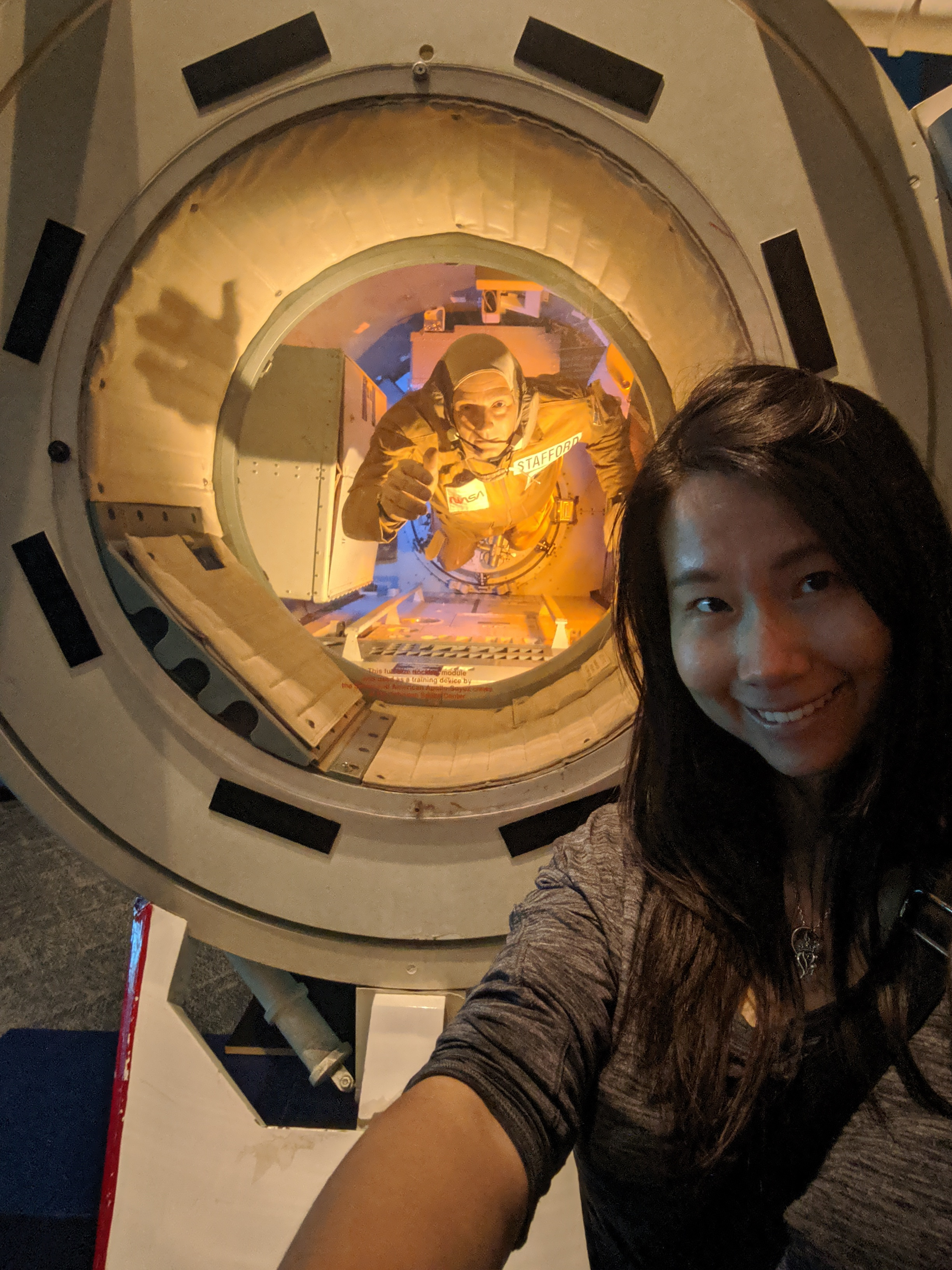
Astropharmacy research has led Li Shean to working with the UN in policy work around “translating the benefit of space to global health, and global health to space” and has had a resolution accepted for this, which has led to a committee being set up to advise the UN on this research.
This has also led Li Shean to work as a space pharmacy specialist advisor for The Royal Society, who promote excellence in science and advice on matters of science to support the public.
It is completing a white paper titled ‘Space: 2075’ that will “explore how activities and the technologies used in space will develop over the next half century” and “examine what steps can be taken to ensure space is used safely and sustainably for the benefit of all humanity”.
Read more: Exclusive: Meet The Apprentice’s pharmacist Amina Khan
With ESA, she works as the pharmacological countermeasures lead which involves a creating a “roadmap on what should we prioritise in the future for a pharmacy” and turn it into policies.
With this, collaborative research is completed according to the priorities and policies with other space agencies in France and Germany.
Li Shean hopes to grow the amount of people going into astropharmacy research, with only “pockets of people” at the University of Adelaide in Australia and the International Space University in France doing similar work to that carried out by Li Shean and her colleagues in Nottingham.
Read more: Meet Dalia Wainwright: The TikTok famous pharmacist
“It’s gaining traction. The next step is to set up a space pharmacy association. I’m going to develop it with the Aerospace Medical Association. They have a lot of NASA people working there, so it will become a constitution so we can vote what happens in space for pharmacy. I'm not sure if it will happen, I hope it will. There's a long way to go. We'll start having a say at the table.
“Sometimes the pharmacist is not brought into the discussion, right? It's always doctors, always engineers. We want to say more, do more. We're the medication experts, so let us help you.”


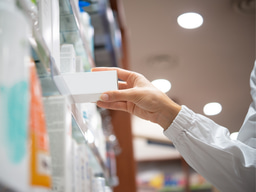
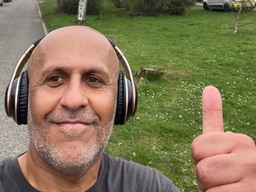

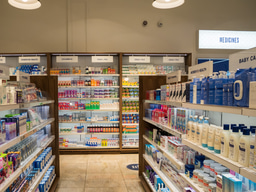
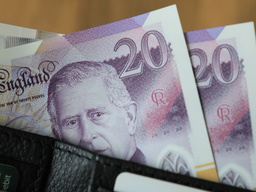
Please sign in
If you are a registered user on C+D Community, please sign in